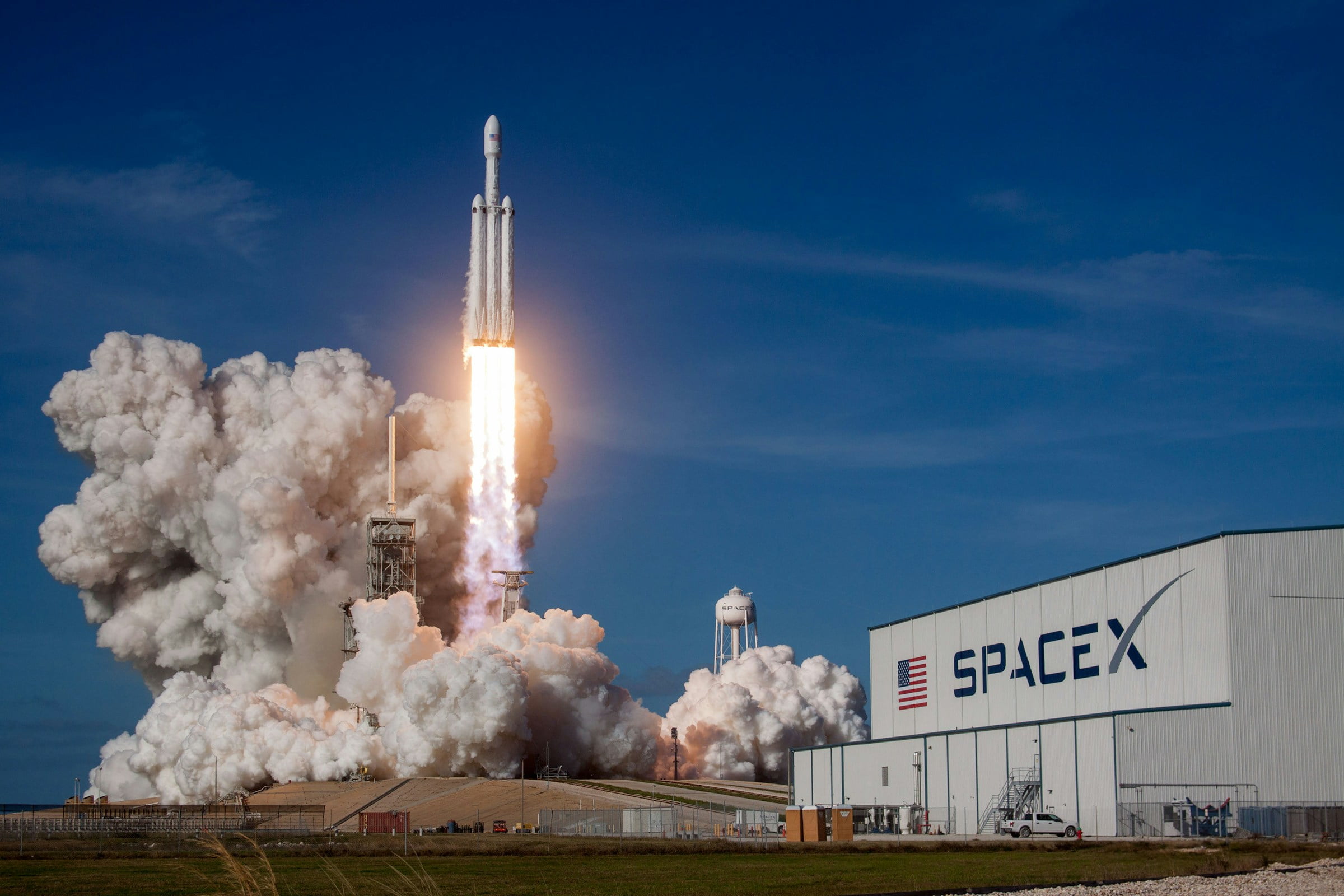 The Coca-Cola Company has committed to reducing the carbon footprint of “the drink in your hand” by 25 percent, compared to 2010 levels, by 2020.
The Coca-Cola Company has committed to reducing the carbon footprint of “the drink in your hand” by 25 percent, compared to 2010 levels, by 2020.
The company says this is the first-ever goal targeting the entire Coca-Cola end-to-end value chain, cutting CO2 across its manufacturing processes, packaging formats, delivery fleet, refrigeration equipment and ingredient sourcing. Coca-Cola says this will directly and indirectly prevent the release of 20 million metric tons of CO2 into the atmosphere.
The carbon target is one of several new environmental goals developed jointly by Coca-Cola and the World Wildlife Fund and announced yesterday.
The other 2020 Sustainability Goals include:
- Help ensure healthy freshwater systems. Coca-Cola and WWF will expand their joint conservation efforts to 11 regions across five continents, including river basins of the Amazon, Koshi, Mekong, Rio Grande/Bravo, Yangtze and Zambezi; the catchments of the Great Barrier Reef and Mesoamerican Reef; and key regions in the Amur-Heilong, Atlantic Forests and Northern Great Plains.
- Work with WWF to assess the environmental and social performance of plant-based materials for potential use in Coca-Cola’s PlantBottle packaging. This will help the company meet its goal to use up to 30 percent plant-based material for all its PET plastic bottles by 2020.
- Sustainably source key agricultural ingredients including sugarcane, sugar beet, corn, tea, coffee, palm oil, soy, pulp and paper fiber, orange, lemon, grape, apple and mango. A Coca-Cola spokesperson tells Environmental that the company plans to use third parties, which may include NGOs and certification agencies, for validation.
Coca-Cola in April established Sustainable Agriculture Guiding Principles and says it will work with WWF to implement the guidelines throughout the Coca-Cola system for these commodities.
Coca-Cola last month committed to improving water efficiency in its manufacturing operations by 25 percent by 2020 compared with its 2010 baseline. The company previously set a goal to replenish 100 percent of the water used in its beverages and their production by 2020. To date, Coca-Cola’s replenishment work has balanced an estimated 52 percent of product volume through 468 projects, the company says.










